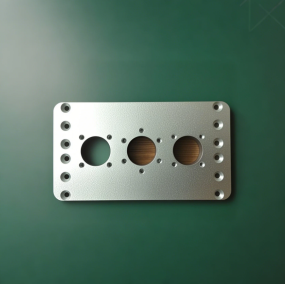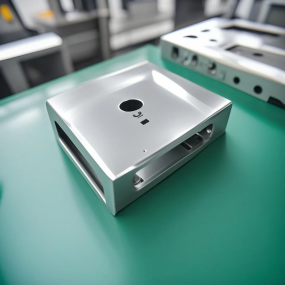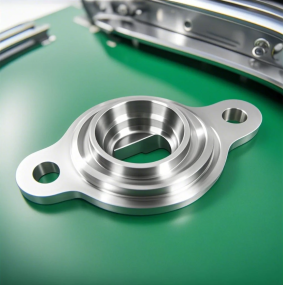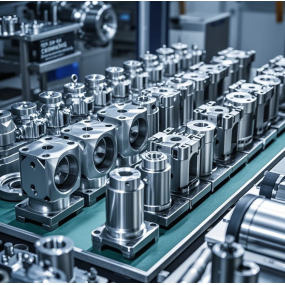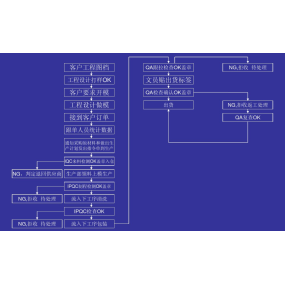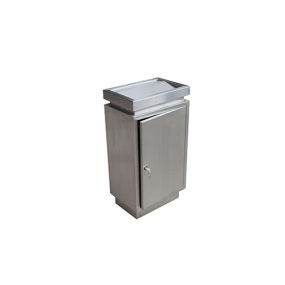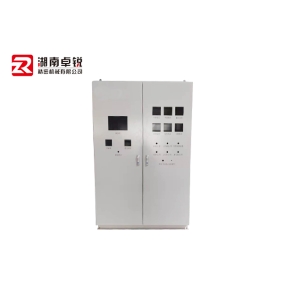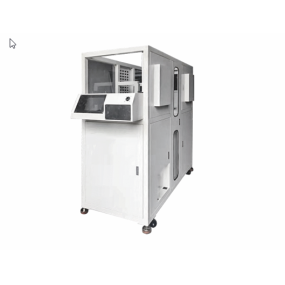During the delivery process of CNC walking machines, the following points should be noted:
I Handover of CNC walking machines to customer factories:
1. Disassemble the outer packaging of the machine tool and check if there is any damage during transportation.
2. Calculate random parts with the customer, confirm if the parts are complete, request the customer to sign and stamp, and leave a list.
3. Disassemble the locking blocks of each axis of the walking machine to avoid damage during startup.
Two. Preparation for machine tool installation:
1. Prepare a three-phase 380V power supply and ground wire, and introduce a 2.5mm square wire into the machine tool to be installed.
2. Prepare the necessary 0.5mpa pressure to ensure normal operation of the machine, and connect the Φ 8 air pipe to the machine tool. If gas is required for the feeder, a Φ 8 gas pipe joint needs to be purchased.
3. Prepare lubricating oil suitable for CNC centrifuges (such as GATA32).
4. According to the product processing technology, select tools and chucks that meet the drawings (excluding standards).
5. Prepare sufficient cutting oil and select the quality and type of cutting oil according to the different materials of precision parts processed by the machine tool (e.g. cutting oil FS12A).
Three. Precautions for machine tool installation and debugging:
1. Connect the gas source and power supply, use a multimeter to measure and confirm that the input voltage is 380V.
2. Turn on the power, start the CNC lathe, and check if each component can run normally one by one.
3. Adjust the angle of the machine tool to ensure that it is placed smoothly.
4. Collaborate with feeder manufacturers to install feeding equipment.
5. Test whether all actions of the machine tool and feed equipment are coordinated well.
6. Patiently explain other operational matters that the customer needs to pay attention to.


 Spanish
Spanish Arabic
Arabic French
French Portuguese
Portuguese Belarusian
Belarusian Japanese
Japanese Russian
Russian Malay
Malay Icelandic
Icelandic Bulgarian
Bulgarian Azerbaijani
Azerbaijani Estonian
Estonian Irish
Irish Polish
Polish Persian
Persian Boolean
Boolean Danish
Danish German
German Filipino
Filipino Finnish
Finnish Korean
Korean Dutch
Dutch Galician
Galician Catalan
Catalan Czech
Czech Croatian
Croatian Latin
Latin Latvian
Latvian Romanian
Romanian Maltese
Maltese Macedonian
Macedonian Norwegian
Norwegian Swedish
Swedish Serbian
Serbian Slovak
Slovak Slovenian
Slovenian Swahili
Swahili Thai
Thai Turkish
Turkish Welsh
Welsh Urdu
Urdu Ukrainian
Ukrainian Greek
Greek Hungarian
Hungarian Italian
Italian Yiddish
Yiddish Indonesian
Indonesian Vietnamese
Vietnamese Haitian Creole
Haitian Creole Spanish Basque
Spanish Basque

